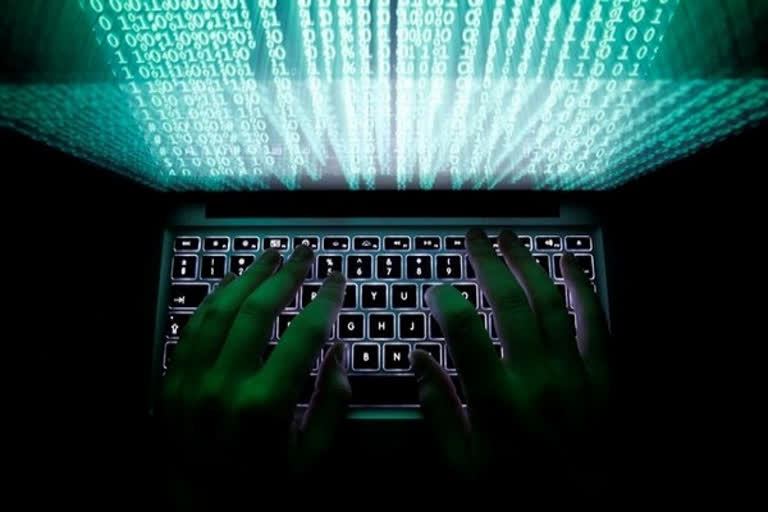United Nations/Geneva:Terming as "extremely alarming" revelations about use of Pegasus software to spy on journalists, human rights defenders, politicians around the world, the UN human rights chief on Monday called on governments to immediately cease their own use of surveillance technologies in ways that violate human rights. An investigation by a global media consortium showed that software from Israel-based NSO Group is being used to spy on journalists, human rights activists and political dissidents across the world.
"Revelations regarding the apparent widespread use of the Pegasus software to spy on journalists, human rights defenders, politicians and others in a variety of countries are extremely alarming, and seem to confirm some of the worst fears about the potential misuse of surveillance technology to illegally undermine people’s human rights,” UN High Commissioner for Human Rights Michelle Bachelet said in a statement.
She asserted that "governments should immediately cease their own use of surveillance technologies in ways that violate human rights, and should take concrete actions to protect against such invasions of privacy by regulating the distribution, use and export of surveillance technology created by others." In addition to immediately stopping their own role in violations of human rights, States have a duty to protect individuals from abuses of the right to privacy by companies, she said.
"One key step to effectively prevent abuse of surveillance technology is for States to require by law that the companies involved meet their human rights responsibilities, are much more transparent in relation to the design and use of their products, and put in place more effective accountability mechanisms," she said. Bachelet noted that these reports also confirm the urgent need to better regulate the sale, transfer and use of surveillance technology and “ensure strict oversight and authorisation". "Without human rights-compliant regulatory frameworks there are simply too many risks that these tools will be abused to intimidate critics and silence dissent,” she said.
Read: No amount of re-setting, re-booting rids Pegasus from device
Bachelet said that various parts of the UN Human Rights system, including her own Office, have repeatedly raised serious concerns about the dangers of authorities using surveillance tools from a variety of sources supposed to promote public safety in order to hack the phones and computers of people conducting legitimate journalistic activities, monitoring human rights or expressing dissent or political opposition. She said use of surveillance software has been linked to arrest, intimidation and even killings of journalists and human rights defenders. Reports of surveillance also have the invidious effect of making people censor themselves through fear.
"Journalists and human rights defenders play an indispensable role in our societies, and when they are silenced, we all suffer,” she said, adding that surveillance measures can only be justified in narrowly defined circumstances, with a legitimate goal. “And they must be both necessary and proportionate to that goal.” "Given the fact that Pegasus spyware, as well as that created by Candiru and others, enable extremely deep intrusions into people’s devices, resulting in insights into all aspects of their lives, their use can only ever be justified in the context of investigations into serious crimes and grave security threats. If the recent allegations about the use of Pegasus are even partly true, then that red line has been crossed again and again with total impunity,” she said.
The UN Human Rights chief stressed that companies involved in the development and distribution of surveillance technologies are responsible for avoiding harm to human rights and need to take immediate steps to mitigate and remedy the harms their products are causing or contributing to, and carry out human rights due diligence to ensure that they no longer play a part in such disastrous consequences, and avoid being involved in similar future scenarios.
More than 300 verified mobile phone numbers, including of two serving ministers, over 40 journalists, three opposition leaders and one sitting judge, besides scores of business persons and activists in India could have been targeted for hacking through the Israeli spyware sold only to government agencies, the media consortium had reported. The Centre has, however, categorically rejected allegations of snooping on politicians, journalists and others using Pegasus, asserting illegal surveillance was not possible with checks and balances in the country''s laws, and alleged that attempts were being made to malign Indian democracy.
(PTI)
